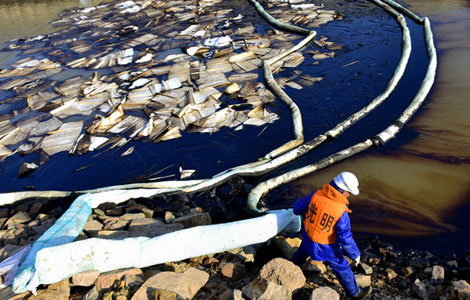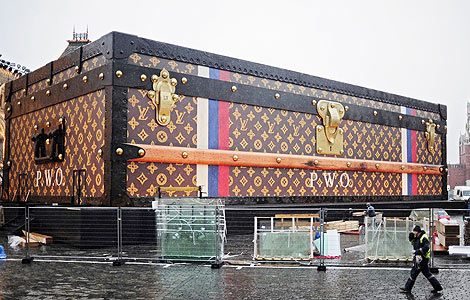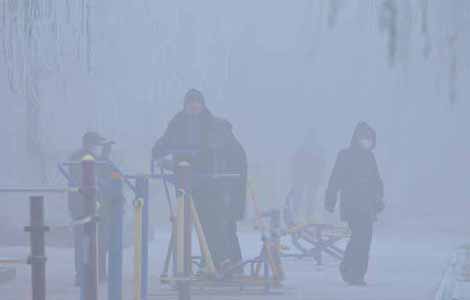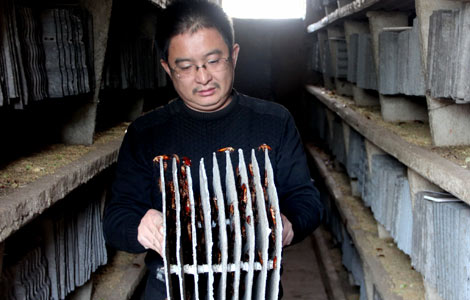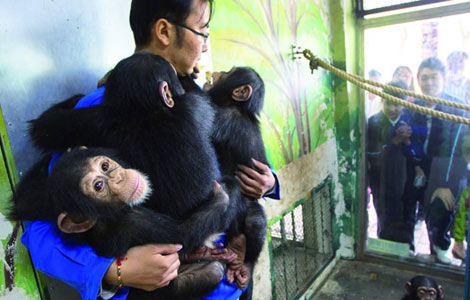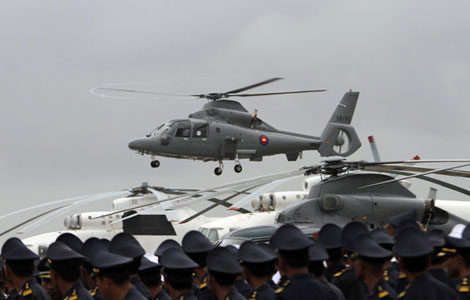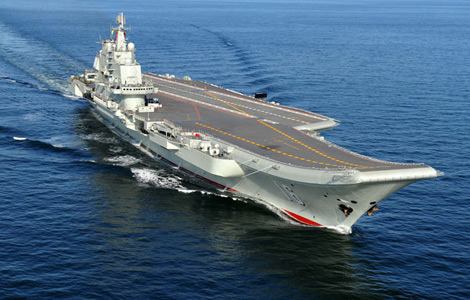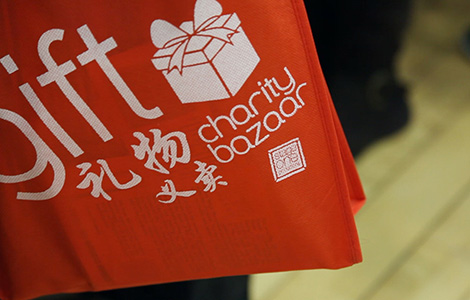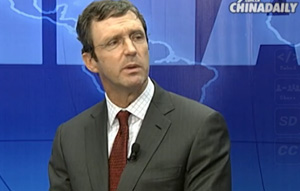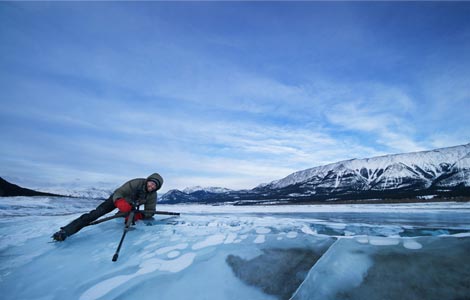Li's diplomatic prowess clinches early deals
Updated: 2013-11-28 00:38
By Li Jiabao (China Daily)
|
||||||||
Since he took office in March, Premier Li Keqiang has been on a whirlwind tour of overseas visits. With each stop, Li has shown a determined brand of economic diplomacy to secure key international deals for China.
Each of his overseas trips has garnered a significant deal: With the European Union, he resolved a solar trade dispute; in Southeast Asia, he introduced China's high-speed railway; in Central and Eastern Europe, he signed a number of cooperative deals to build infrastructure.
On Monday, Li left Beijing for a visit to Romania and Uzbekistan. He attended a meeting between leaders of China and Central and Eastern Europe in Romania and will then attend a meeting for Shanghai Cooperation Organization member states in Uzbekistan.
During his Monday meeting with leaders from Central and Eastern Europe, Li promoted China's high-speed trains. He also lobbied for cooperation in building railways and large-scale energy projects, such as nuclear power plants, in the region.
Zhao Huaijin from China Foreign Affairs University said Li's visit to Central and Eastern Europe will not only shine a light on China's strengths in equipment manufacturing and infrastructure construction, but also the premier's diplomatic acumen, considering the deals he secured with the EU and Southeast Asia.
Analysts said Li's overseas visits highlighted his "pragmatic and down-to-earth" diplomatic style. He focused on building relations, paid greater attention to resolving difficulties and promoted China's economic transformation and reforms.
Li's breakthrough
One of his key achievements thus far came with the EU. Earlier this year, China and the EU were butting heads over the sales of solar panels. The EU claimed China was selling solar panels in the EU market at below cost and giving illegal subsidies to domestic manufacturers. China said the dispute endangered the employment of 400,000 Chinese workers at solar panel manufacturers.
As the dispute raged on between Beijing and Brussels, Li visited Switzerland and Germany in late May, calling for the opposition to trade protectionism. During talks with German leaders, Li emphasized China's stance against investigations into Chinese solar products and telecom equipment. He reiterated that trade frictions must be resolved through communication.
Li's efforts led to a settlement that set a minimum price and a limit on the volume of EU imports of Chinese solar panels through 2015, helping to prevent one of the biggest trade spats between two of the world's largest economic powers from spiraling into a broader trade war.
"China's top leadership has played a key role in bringing a good solution to the dispute," said Chen Xin, director of the Institute of European Studies at the Chinese Academy of Social Sciences.
He Maochun, director of the Economy and Diplomacy Research Center at Tsinghua University, said: "All levels of the Chinese government — including the State Council, led by Premier Li Keqiang — got involved in the deal. The consultations were highly efficient."
Cui Hongjian, director of European studies at the China Institute of International Studies, said Li's efforts marked "a new attempt at solving trade disputes through the involvement of high-level officials".
Shen Danyang, spokesperson for the Ministry of Commerce, said on Nov 19 that China and the EU have had initial talks to establish a mechanism to avoid, reduce or eliminate trade frictions.
Moving at high speed
During an October visit to Thailand, the premier promoted China's high-speed trains. He persuaded Thailand's congress to approve a high-speed train cooperation project with China.
Zhang Jiuhuan, China's former ambassador to Thailand, said one of the pillars of Thailand's recent large-scale infrastructure plan was the construction of a high-speed railway system. China's deal to help Thailand build a high-speed railway will strengthen its ability to secure more infrastructure deals with the Association of Southeast Asian Nations.
Du Jifeng, a researcher from the National Institute of International Strategy at the Chinese Academy of Social Sciences, said the high-speed rail in Thailand and potentially connecting three railway lines for a trans-Asia railway network will boost trade between China's landlocked provinces and Southeast Asian countries.
European agreements
One month later, Li again promoted China's high-speed train technologies. On Monday, Li and Romanian Prime Minister Victor Ponta agreed on a cooperative deal to build a high-speed railway in Romania. The premier, together with his counterparts from Hungary and Serbia, announced a plan to build a railway connecting the two European countries' capitals.
Li also introduced China's equipment manufacturing strengths during a meeting with leaders from Central and Eastern Europe and signed deals in energy and the construction of highways, ports and airports.
"China gained a lot of experience in manufacturing railway equipment, in the development of railway technologies and the construction of railways, not to mention keeping all of the costs relatively low. This fits in nicely with the high demand in Central and Eastern Europe for high-speed railways," Li said previously.
China also provided loans of up to $10 billion for Central and Eastern countries to update their infrastructure.
In the near future, China will focus its diplomatic efforts to build its neighbors' prosperity. It is also making strides to enter international markets with its capital and technical advantages, said Zhou Yongsheng, professor of international relations at China Foreign Affairs University.
- Premier Li sees bigger role for China in Romanian infrastructure
- Li calls for all-dimensional co-op with CEE countries
- Li promotes joint infrastructure projects
- Li looks to closer relations
- Li: China to deepen ties with Central, East Europe
- Premier Li meets leaders of European nations
- Li kicks off visit to Romania
Most Viewed
Editor's Picks

|

|

|

|

|

|
Today's Top News
China calm in face of US overflight
Nation tipped to be largest oil importer
Clean energy fueling the future
Ancient Chinese philosophies are eye-opening today
Tencent anti-monopoly suit trial starts in Beijing
US B-52 bombers in air zone monitored
Court rejects appeal of military singers' son
PetroChina sued in US court
US Weekly

|

|
